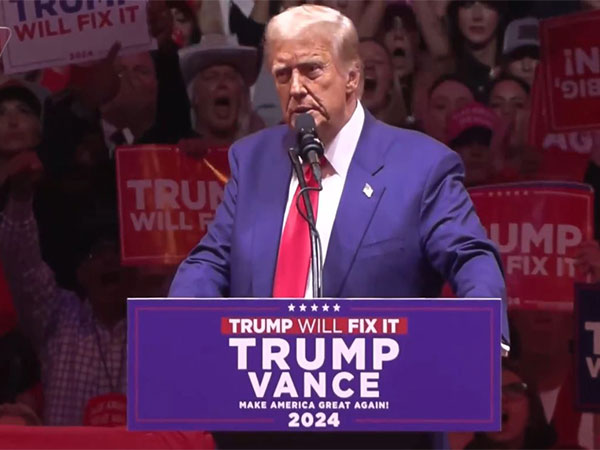Trump's Foreign Policy Picks: Conventional Faces, Unconventional Paths
Donald Trump has made unconventional choices for his top foreign policy positions, selecting Sen. Marco Rubio as secretary of state and Rep. Mike Waltz as national security adviser. Both have shown willingness to adapt their policies to Trump's more isolationist approach, despite holding traditional conservative foreign policy views.

- Country:
- United States
Donald Trump's unconventional administration moves continue with his selection of familiar faces for top foreign policy roles. Marco Rubio has been named secretary of state, and Mike Waltz as national security adviser. Both men, known for their hard-line stance on China and Iran, are nonetheless mainstream conservatives with experience and have occasionally differed with Trump on major issues.
Despite these differences, both Rubio and Waltz adapt their positions to align with Trump's 'America First' policy, which favors more isolationist tactics. Their willingness to adjust their policies reflects Trump's demand for absolute loyalty from his appointees. American allies might find comfort in Rubio's appointment, given his work in preserving NATO during turbulent times.
These appointments contrast with Trump's other decisions, such as opting for less experienced figures like Fox News host Pete Hegseth for defense secretary. While Rubio's selection over Richard Grenell may bring reassurance internationally, Trump's overall choices hint at a continuation of hawkish policies, particularly towards China.
(With inputs from agencies.)
ALSO READ
Trump's Return: A Turning Point for China-U.S. Relations?
Market Volatility: Impact of Trump Presidency on China Stocks
Xi Jinping Congratulates Trump's Return: A New Chapter in China-US Relations
Trump Era: A Diplomatic Rollercoaster with China
Wall Street's China Strategy Shake-Up Amid Trump's Return










